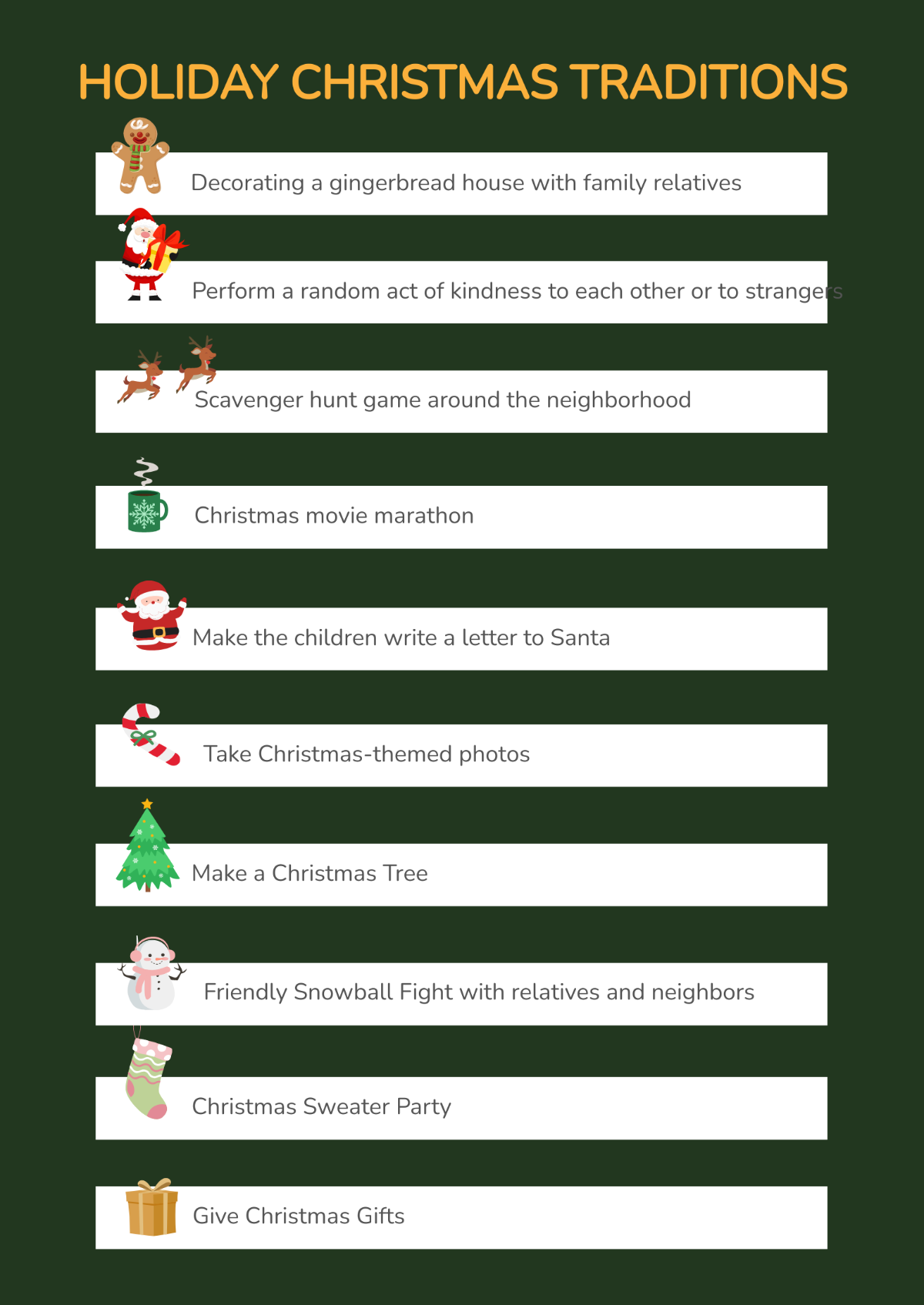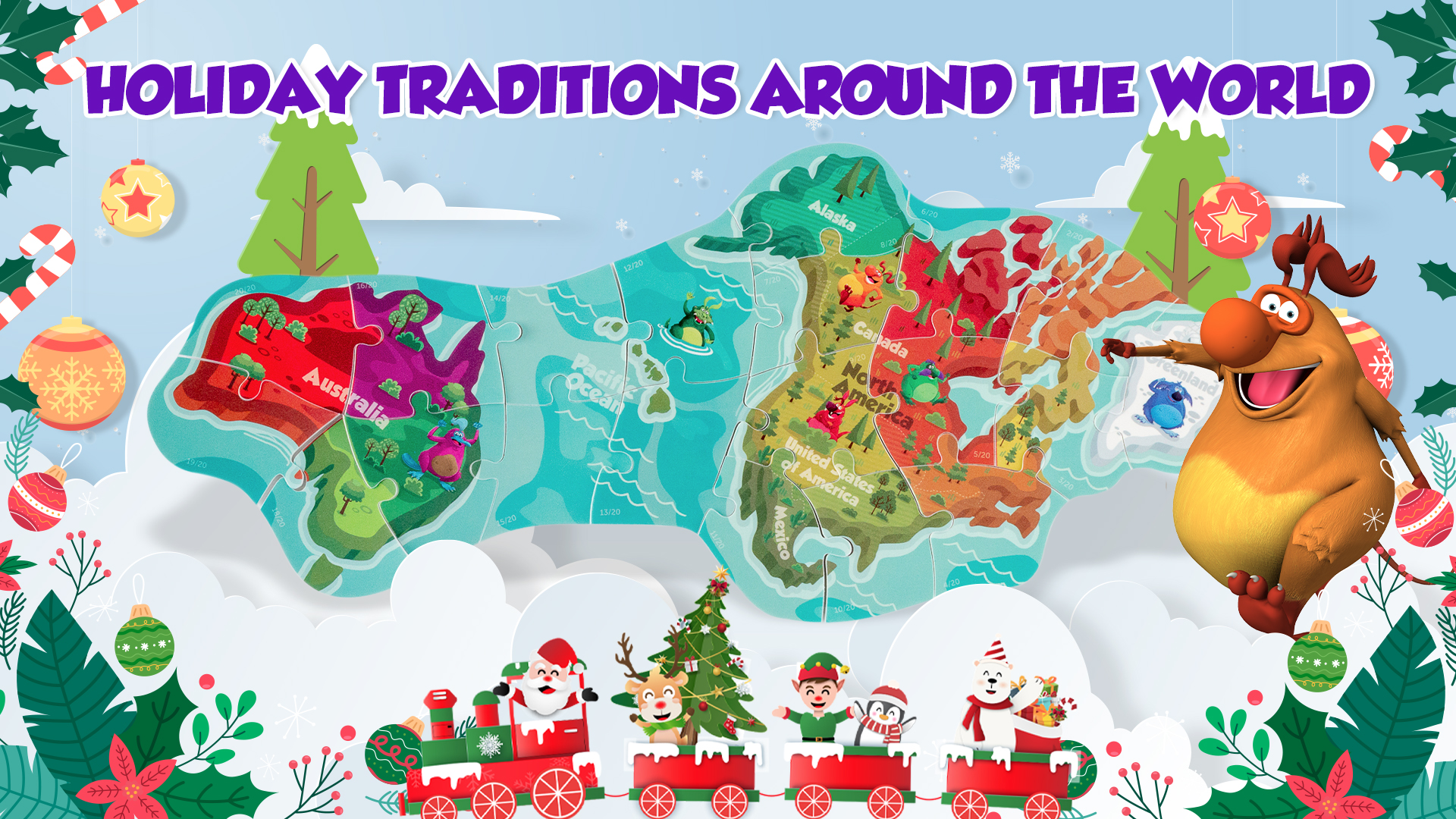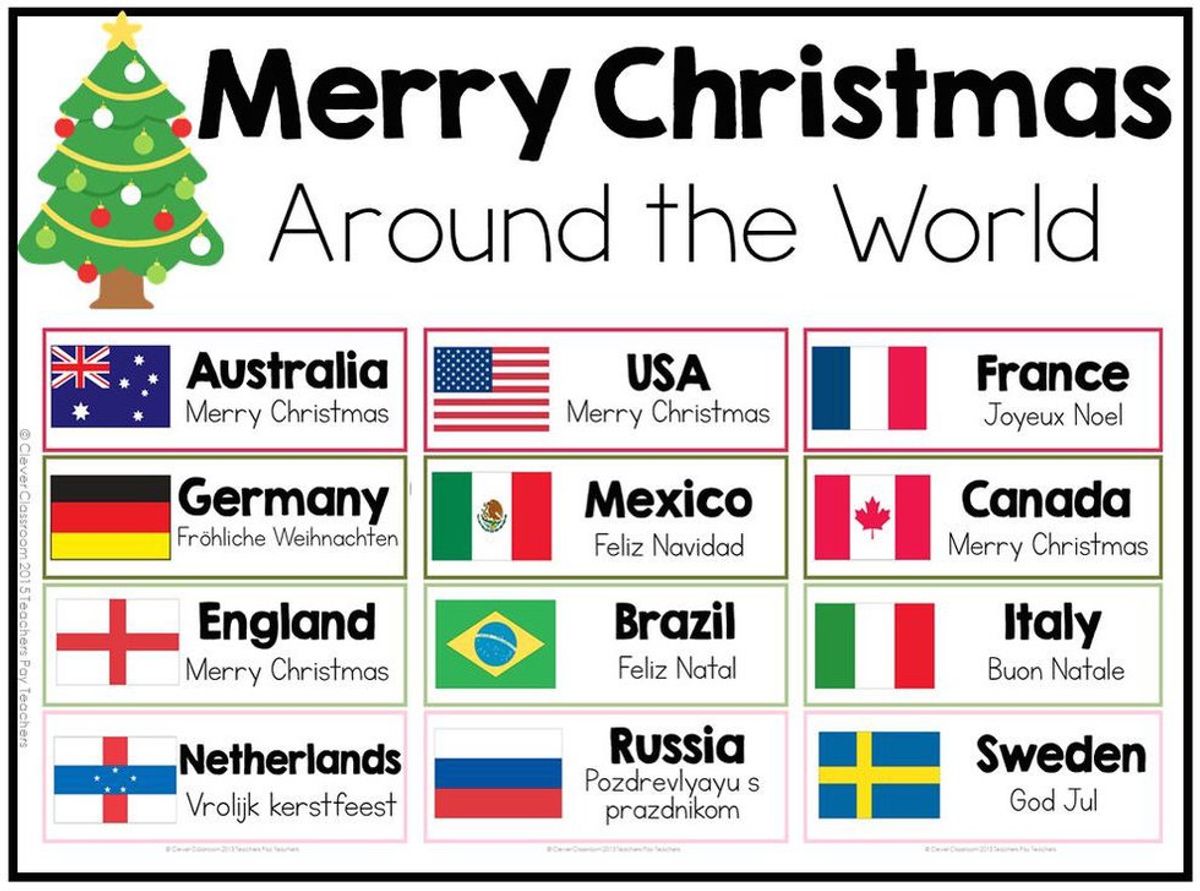
Christmas is one of the most widely celebrated holidays around the world, with a rich history and diverse traditions. The festive season is a time for joy, giving, and spending time with loved ones, but have you ever wondered about the origins of Christmas and its various customs? In this article, we'll delve into the history of Christmas, its significance, and the various dates and traditions associated with it.
The History of Christmas
Christmas, as we know it today, is a holiday commemorating the birth of Jesus Christ and is observed on December 25 by Christians around the world. However, the early history of Christmas is not well documented, and it's difficult to pinpoint exactly when the holiday originated. The early Christian church celebrated the Epiphany, which commemorated the visit of the Magi to the baby Jesus, on January 6.

Over time, Christmas evolved and became more widely celebrated, with the date of December 25 being established in the 4th century. This date coincided with the existing Roman festival of Saturnalia, which was celebrated from December 17 to 23, and the Germanic festival of Yule, which was observed on December 21 or 22.
Christmas Traditions
Christmas traditions vary widely depending on the country and culture, but some common customs include:
- Decorating homes and trees with lights, ornaments, and garlands
- Exchanging gifts with family and friends
- Cooking and sharing festive meals, such as roast turkey or ham
- Singing Christmas carols and listening to holiday music
- Attending church services and participating in midnight mass
Christmas Dates Around the World
While Christmas is widely celebrated on December 25, some countries and cultures observe the holiday on different dates. Here are a few examples:
- Eastern Orthodox Christmas: January 7
- Armenian Christmas: January 6
- Coptic Christmas: January 7
- Ethiopian Christmas: January 7
- Russian Christmas: January 7

These dates vary due to differences in the calendar systems used by various Christian denominations. The Eastern Orthodox Church, for example, uses the Julian calendar, which is currently 13 days behind the Gregorian calendar used by most of the Western world.
Christmas Traditions in Different Countries
Christmas traditions vary widely depending on the country and culture. Here are a few examples:
- In Germany, Christmas markets are a popular tradition, where visitors can buy festive food, drinks, and crafts.
- In Italy, the Feast of the Seven Fishes is a traditional Christmas Eve meal, featuring seven different seafood dishes.
- In Mexico, the Posada celebration begins on December 16 and continues until Christmas Eve, reenacting the journey of Mary and Joseph to Bethlehem.
- In Sweden, St. Lucia's Day is celebrated on December 13, where children dress up as "Lucia brides" and sing Christmas carols.

Christmas Symbols and Their Meanings
Christmas symbols and decorations have rich meanings and histories. Here are a few examples:
- The Christmas tree: The evergreen fir tree is a symbol of life and hope during the cold and dark winter months.
- The star: The star on top of the Christmas tree represents the Star of Bethlehem, which guided the Magi to the baby Jesus.
- The wreath: The circular shape of the wreath represents eternity and the cycle of life.
- The holly: The prickly leaves and red berries of the holly plant symbolize eternal life and the blood of Christ.

Christmas Food and Drink Traditions
Christmas food and drink traditions vary widely depending on the country and culture. Here are a few examples:
- In the United States, traditional Christmas foods include roast turkey, mashed potatoes, and pumpkin pie.
- In the United Kingdom, Christmas pudding and mince pies are traditional festive treats.
- In Germany, Christmas markets offer a variety of festive food and drink, including glühwein (mulled wine) and lebkuchen (gingerbread).
- In Italy, panettone and pandoro are traditional Christmas breads.

Christmas Celebrations Around the World
Christmas celebrations vary widely depending on the country and culture. Here are a few examples:
- In Iceland, the Yule Lads visit children over the 13 nights leading up to Christmas, leaving small gifts or playful pranks.
- In Japan, Christmas is not a national holiday, but it's celebrated with festive lights and decorations, particularly in Tokyo's Shinjuku district.
- In India, Christmas is a public holiday, and midnight mass is an important part of the celebrations.
- In Brazil, Christmas is celebrated with large outdoor festivals and fireworks displays.

Gallery of Christmas Traditions
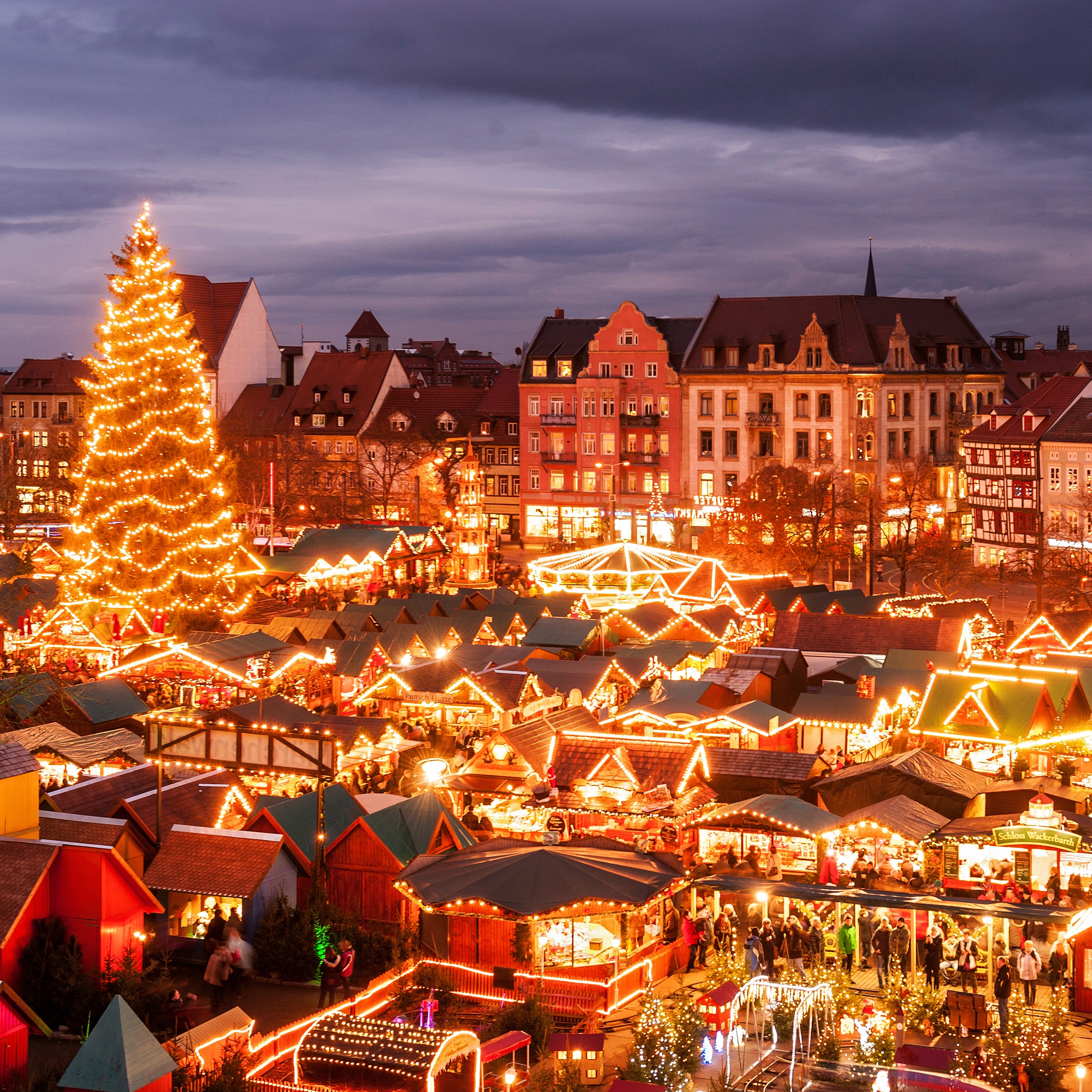

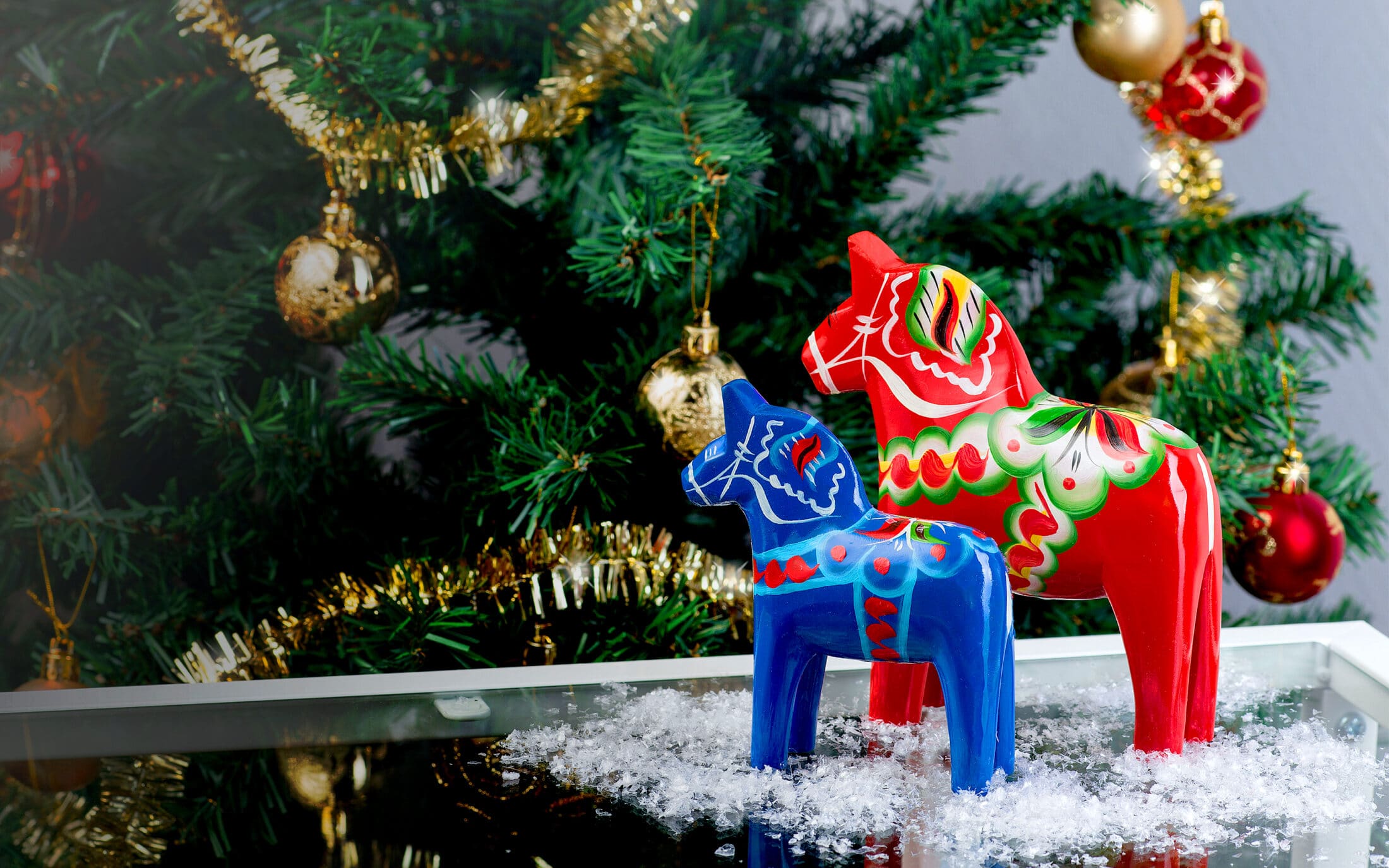

FAQs
What is the origin of Christmas?
+Christmas originated as a holiday commemorating the birth of Jesus Christ and has evolved over time to incorporate various traditions and customs.
Why do different countries celebrate Christmas on different dates?
+Christmas dates vary due to differences in the calendar systems used by various Christian denominations.
What are some common Christmas traditions around the world?
+Common Christmas traditions include decorating homes and trees, exchanging gifts, cooking festive meals, and attending church services.
In conclusion, Christmas is a holiday rich in history, traditions, and cultural diversity. From its origins as a celebration of the birth of Jesus Christ to its modern-day expressions around the world, Christmas is a time for joy, giving, and connection with others. Whether you're celebrating with family and friends or exploring the traditions of other cultures, Christmas is a holiday that brings people together and inspires hope and cheer during the darkest time of the year.


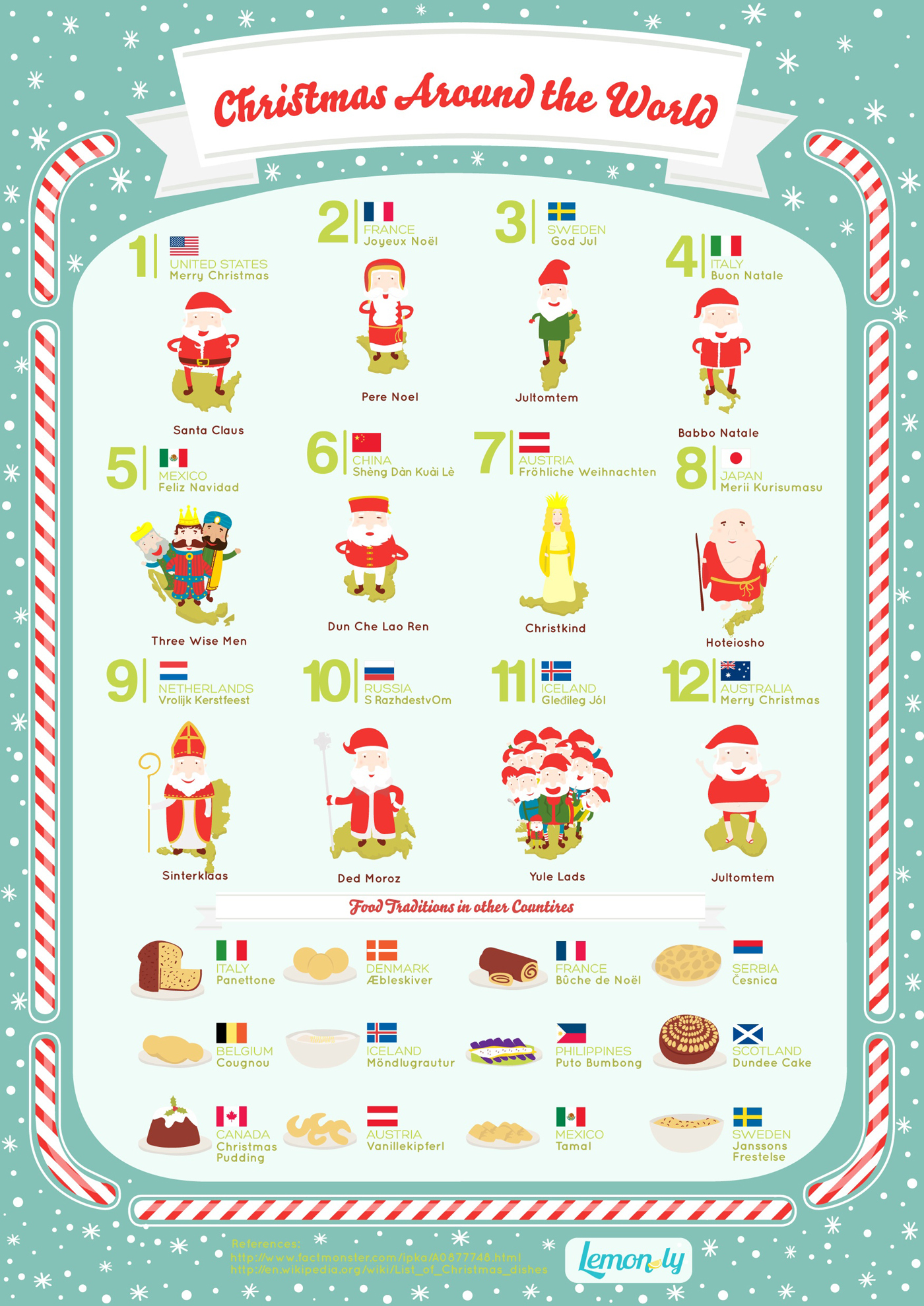
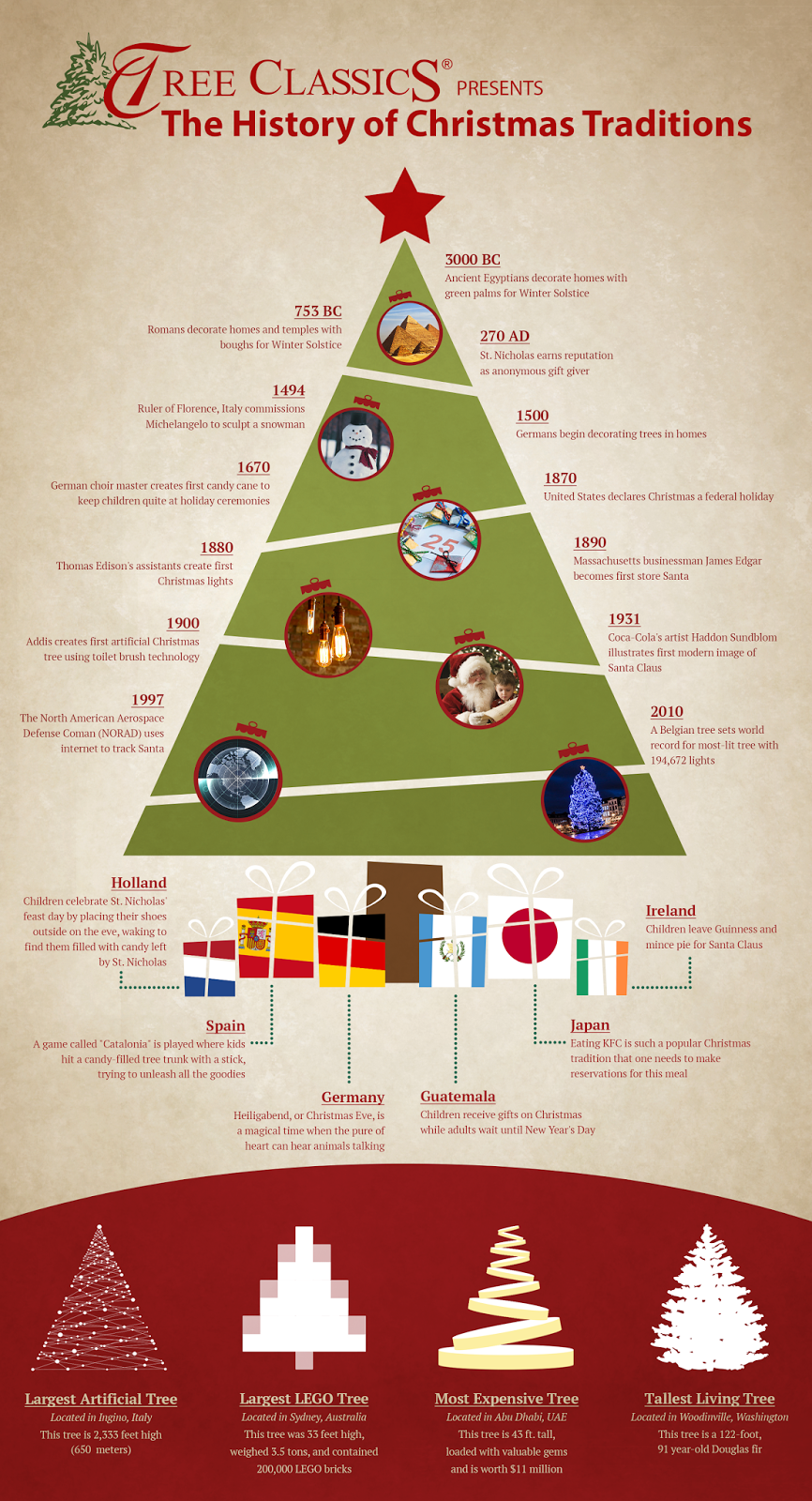

![Unique Christmas Traditions in United States [Infographic]](https://i.pinimg.com/originals/26/6a/03/266a03f654cec2a39eeda54cccffb811.jpg)


